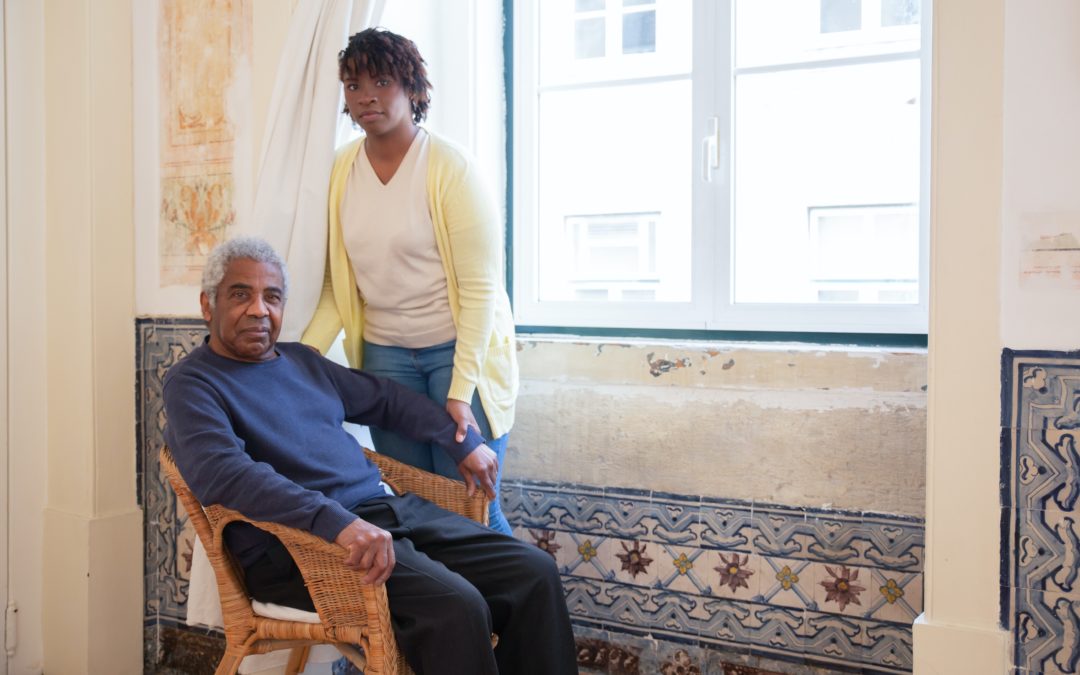
9 Essential Tips For Caring For a Spouse With Alzheimer’s Disease

Caring for a spouse with Alzheimer’s disease can be an emotionally challenging and physically demanding journey. Alzheimer’s is a progressive brain disorder that affects memory, thinking, and behavior, making caregiving a complex and delicate task. To navigate this path with grace and compassion, you need guidance and support.
Below are nine essential tips based on valuable insights we’ve gained by helping families and individuals navigate the legal complexities of this disease.
- Educate yourself: Understanding Alzheimer’s is the first step in providing effective care. Learn about the disease’s stages, symptoms, and available resources to better anticipate your spouse’s needs.
- Seek legal and financial guidance: Consult with our legal team—or a trsuted estate planning and elder law firm in your area—to establish necessary documents, such as a durable power of attorney, wills, and advance healthcare directives. Planning ahead can help protect your and your spouse’s assets, and ensure their wishes are respected.
- Establish a routine: Creating a structured daily routine can provide stability and reduce anxiety for both you and your spouse. Consistency is key with Alzheimer’s care.
- Foster open communication: While your spouse may struggle with verbal communication, encourage non-verbal expressions like gestures, facial expressions, and touch. Maintain eye contact and show patience when trying to understand their needs.
- Safety first: Ensure that your home is a safe environment. Install locks, alarms, and remove any potential hazards that could harm your spouse.
- Respite care: Don’t hesitate to seek help from professionals or trusted family and friends to provide you with a much-needed break from time to time. Caregiver burnout is a real concern, and taking time for self-care is essential.
- Focus on nutrition: A well-balanced diet is crucial for maintaining physical and cognitive health. Consult a nutritionist if necessary, and ensure your spouse receives proper nourishment.
- Embrace support groups: Joining a local Alzheimer’s support group can offer emotional support and a sense of community. Sharing experiences with others in similar situations can be invaluable.
- Adapt and be patient: Understand that your spouse’s behavior may change unpredictably. Be adaptable and patient, and try to find joy in small moments of connection.
Caring for a spouse with Alzheimer’s is challenging, but with the right resources, support, and guidance, you can provide the best care possible. The nine tips above will help you navigate the day-to-day challenges with love and compassion, and the team at Miller Estate and Elder Law can offer legal guidance and support along your journey with this disease.
Contact Miller Estate and Elder Law
Remember, you are not alone, and seeking help is a sign of strength and dedication to your spouse’s well-being. Call us at (256) 251-2137 to discuss your legal needs, or get in touch with us by completing the brief form below.





